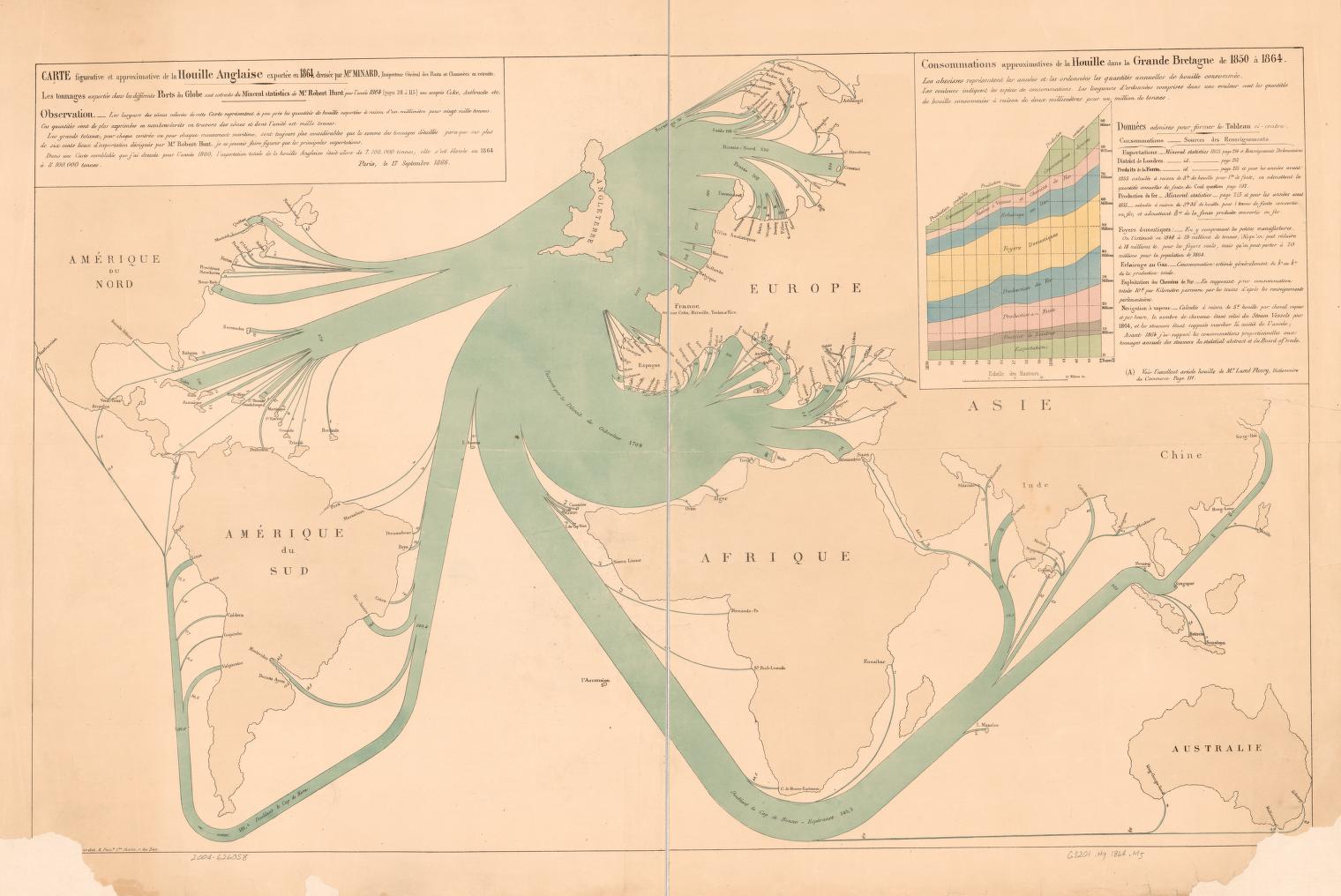
Fossil Space
ARC451H1 S
Instructor: Aleksandr Bierig
Meeting Section: L0101
Winter 2026
In a well-known article on the implications of climate change for human history, Dipesh Chakrabarty attempted to describe the elusive links between fossil fuel use and social form through a crucial metaphor. “The mansion of modern freedoms,” he wrote, “stands on an ever-expanding base of fossil-fuel use. Most of our freedoms so far have been energy intensive.” What this architectural image meant, exactly, is not entirely clear, but this seminar will take his suggestion as a point of departure. As societies became accustomed to living with fossil fuels, what kinds of spaces did their extraordinary power produce?
This course will consider spaces made by and for fossil fuels, with a focus on the experience of early coal use before the twentieth century. After an initial introduction to energy history, we will proceed through a series of specific episodes across multiple scales, including the adaptation of households to this unusually dirty fuel, the novel paths of extraction and transportation that the mining and distribution of coal necessitated, and the translation of fossil-fueled geographies into the ever-larger territories and scales of nineteenth-century imperial and capitalist expansion. Beyond these case studies, we will also consider coal’s effects on culture: how fossil fuel created not only new spaces, but also generated novel mythologies about the purpose and direction of social and political history.
Our motivating hypothesis throughout will be that coal’s energetic logic—its dense and concentrated power—produced a corresponding spatial logic, through which fossil fuel generated unfamiliar routes of power while also intensifying uneven geographies of consumption and destruction. In parallel to course discussions, students will work towards independent research projects on particular examples that elaborate, expand, or question the category of fossil space.

